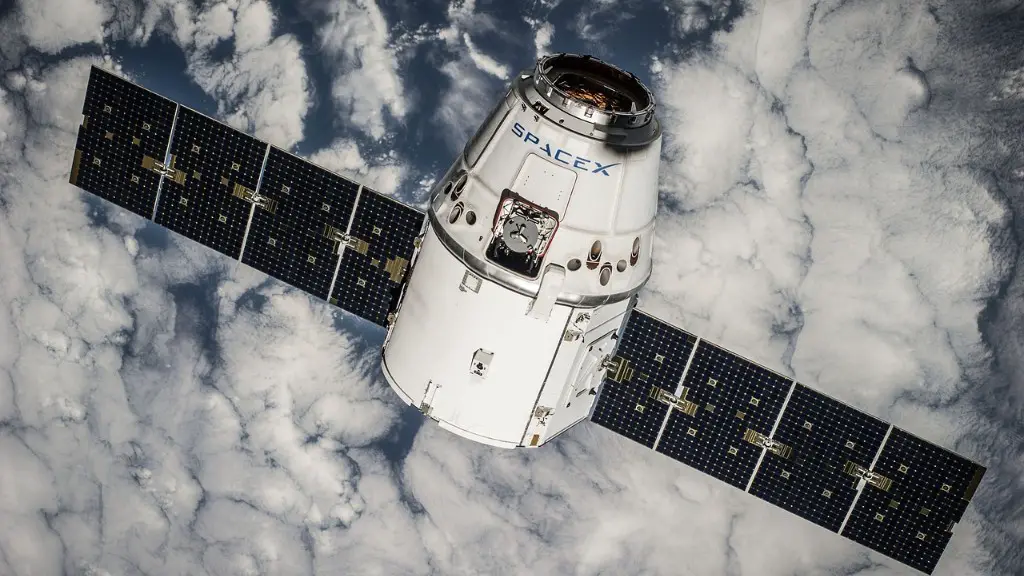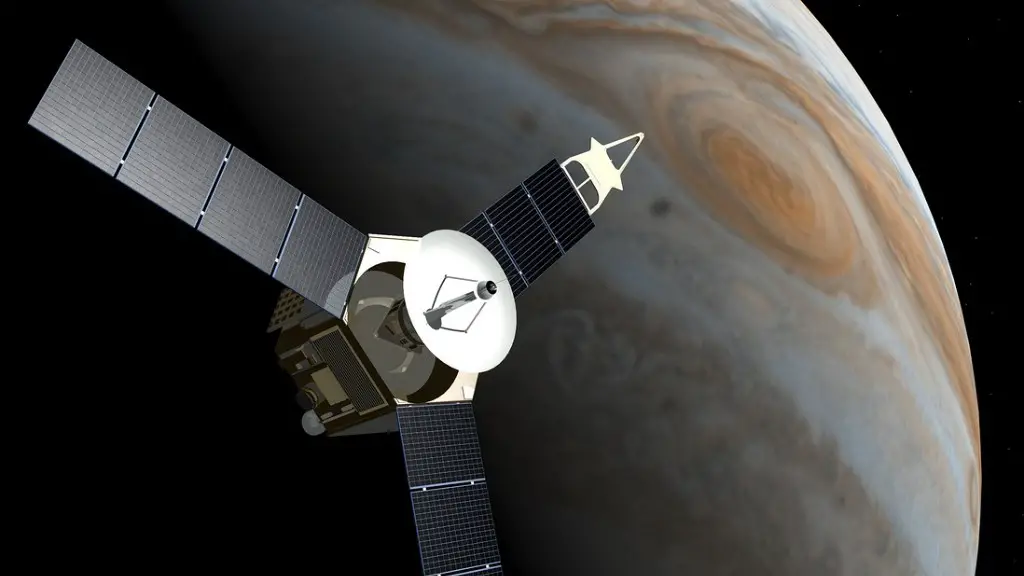Working at NASA Mission Control is an incredible experience. You get to be a part of something much bigger than yourself and feel like you’re truly making a difference. Here’s how you can make it happen:
1. Firstly, you’ll need to have a relevant degree in a STEM field (science, technology, engineering or mathematics).
2. Apply to be a NASA intern – this is your foot in the door and will give you some great experience.
3. Once you’ve interned, apply for a job at Mission Control.
4. Be prepared to work long hours, as the shifts can be quite long.
5. But it’s all worth it when you get to play a part in something as incredible as exploring space.
To work at NASA Mission Control, you must first become a United States citizen. Then, you must complete high school and obtain a bachelor’s degree in a science, technology, engineering, or mathematics field from an accredited college or university. Once you have completed these steps, you can apply for a job at NASA.
How do I get a Mission Control job?
There are certain qualifications that are required in order to be hired by NASA. Firstly, you need to be a US citizen. If you are not a US citizen, it is very difficult to get hired, unless you already work for an international partner such as Russia, Canada or the EU. Secondly, you need a degree in engineering. However, a degree in mathematics, computer science, orbital mechanics or physics could be accepted.
The average annual pay for a NASA Mission Control in the United States is $61,270 a year. Just in case you need a simple salary calculator, that works out to be approximately $29.46 an hour. This is the equivalent of $1,178/week or $5,105/month.
What does a mission controller do at NASA
The teams of the front rooms are responsible for the crew’s activities and monitor spacecraft systems, crew health and safety. They check every system to ensure operations proceed as planned.
There are many opportunities to apply for a job at NASA, but it is still difficult to get a job there. You need to have high academic qualifications and diverse experiences. NASA employs more than just astronauts.
What degree do you need for mission control?
A bachelor’s degree in engineering, physics or mathematics is a requirement for admission into most engineering programs. School does not have to be the highest ranked, but it has to be an ABET (Accreditation Board for Engineering and Technology) accredited Engineering degrees to consider include aerospace, computer, electrical, mechanical.
The Flight Control Room (FCR) is the nerve center of the launch vehicle and spacecraft. It is from here that the final countdown and launch sequence is initiated and monitored. The FCR is also the place where the last-minute checks and troubleshooting are conducted.
There are several key positions in the Flight Control Room, each with its own area of responsibility. The Flight Director (FLIGHT) is in charge of the overall operation of the launch vehicle and spacecraft. The Spacecraft Communicator (CAPCOM) is the voice of the Mission Control Center (MCC) to the astronauts. The Flight Dynamics Officer (FDO) monitors the trajectory of the launch vehicle and spacecraft. The Guidance Procedures Officer (GPO) is responsible for the guidance and navigation of the launch vehicle and spacecraft. The Propulsion Engineer (PROP) monitors the propulsion systems of the launch vehicle and spacecraft. The Guidance, Navigation, and Controls Systems Engineer (GNC) is responsible for the guidance, navigation, and control systems of the launch vehicle and spacecraft. The Data Processing System Engineer (DPS) is responsible for the data processing systems of the launch vehicle and spacecraft. The Booster Engineer (BOOSTER) is responsible for the booster systems of the launch vehicle
What is the highest paid job in NASA?
NASA – National Aeronautics and Space Administration is one of the highest paying organizations in the United States. Their average salary for rank 1 employees is $119,174. For rank 2, the average salary is $95,008. For rank 3, the average salary is $94,941. And for rank 4, the average salary is $91,445.
The concept of mission control has its origins in the early years of the space program. It is still in use today, even as human missions have become more complex and now include international and commercial partners. Mission control is responsible for the coordination of all aspects of a space mission, from launch to landing. It is a critical part of the space program, and its importance is only growing as we continue to explore the universe.
What NASA job makes the most money
There are a number of highest-paying careers out there, ranging from doctors and surgeons to lawyers and finance professionals. If you’re looking to make a lot of money, these are some of the best occupations to consider.
Flight controllers are an important part of any space mission. They help to monitor the various technical aspects of the mission in real time, and can provide valuable assistance in the event of any problems.
What are the positions in Mission Control?
The Artemis I mission control team is responsible for the safe and successful launch of the Artemis I rocket. The team is led by the Flight Director, who is responsible for overall mission control operations. The Booster Officer is responsible for monitoring the rocket’s boosters, while the Command and Data Handling Officer is responsible for the rocket’s computer system. The Control Officer is responsible for monitoring the rocket’s flight path and ensuring that it remains on course. The Emergency, Environmental, and Consumables Officer is responsible for monitoring the rocket’s onboard systems and ensuring that they are functioning correctly. The Flight Activities Officer is responsible for coordinating all launch activities, while the Flight Dynamics Officer is responsible for monitoring the rocket’s flight path and ensuring that it remains on course.
The mission control center is the nerve center of a space mission, responsible for everything from launch to landing. MCCs are usually located near the launch site, so that they can monitor the progress of the mission and be ready to take action in case of an emergency.
What GPA do you need to work at NASA
The applicant must be a US citizen and have a cumulative GPA of 30 on a 40 scale. The applicant must also be 16 years of age or older at the time of application.
The NASA HQ basic workweek, or regularly scheduled administrative work week, for full-time employees is 40 hours, Monday through Friday, 8 hours each day. For part-time employees, the basic workweek is normally regularly scheduled work from 16 to 32 hours per week.
What college does NASA hire from?
The University of Houston is a top choice for students seeking to pursue a career in the field of space science. With 11% of the entire NASA permanent workforce being graduates of the school, it’s no wonder that the school is so highly regarded. The University of Maryland comes in at a close second, with 111% of its graduates being employed by NASA. These two schools are the clear leaders when it comes to providing the space agency with its workforce.
Space Center Houston is the best place to learn about NASA and the US space program. The Space Center has a lot to offer visitors, including tours of the facilities, exhibits, and a chance to see a launch. There is also a chance to meet an astronaut and get an autograph.
Final Words
To work at NASA mission control, you need to have a college degree in a science, technology, engineering, or math field. You also need to have experience working in a related field.
Working at NASA Mission Control is an incredible opportunity to be a part of something truly special. The work is important and the team is passionate about what they do. If you have the opportunity to work at Mission Control, you should absolutely take it.





